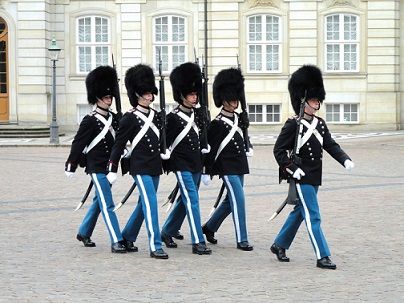When young men are called up to do national service in the Danish forces, they have to take a test in four parts to measure their intelligence.
The test was developed by psychologist Børge Prien back in the last century and has remained more or less unchanged from 1957 until 2010, when it was digitalised.
However, men’s scores in the test have been going down every year since 1998, reports Berlingske newspaper.
READ ALSO: Massive increase in number of Danes dodging call-up preliminaries
Going out of fashion
Speaking to TV2, Thomas Teasdale, an associate professor with the Department of Psychology at the University of Copenhagen, feels that although three parts of the test are still valid, “I’m a bit in two minds about the last part. It seems outdated and might have been easier for a young man in 1960 than today”.
Teasdale feels that one reason for 1998 being a peak is that educational levels were on the rise due to greater possibilities for special education, children going to school longer and more structured kindergartens.
The bright don’t breed
Michael Woodley, a British researcher into intelligence, has another theory. He reckons that the fall in intelligence levels is due to the fact that increasing numbers of less intelligent people are responsible for the majority of population growth.
Another theory is that increasing digitalisation plays a part because the tests can be biased in favour those who are able to work things out on paper the old fashioned way. So maybe it is the test that needs to be updated rather than the prospective candidates becoming less intelligent.
















